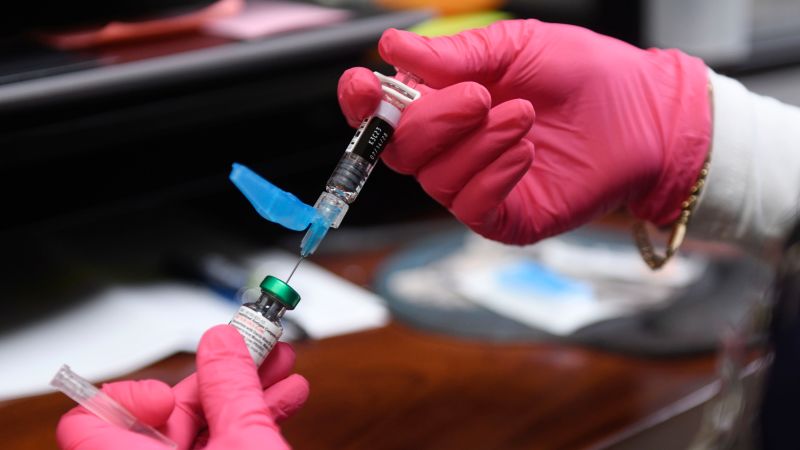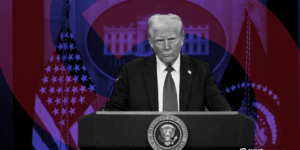
Falling childhood vaccination rates and a significant outbreak in West Texas have led to a troubling milestone for the United States: the highest number of measles cases since the disease was declared eliminated in the country 25 years ago. As of 2025, there have been at least 1,277 confirmed cases of measles, surpassing the previous record set in 2019.
According to the Johns Hopkins University Center for Outbreak Response Innovation, the case count has already exceeded the total from 2019, with experts suggesting that this year’s numbers are likely underreported. Tragically, three individuals have died from measles this year, including two children in Texas and one adult in New Mexico, all of whom were unvaccinated.
Historical Context and Current Challenges
Measles was declared eliminated in the United States in 2000, a significant public health achievement made possible largely due to the widespread use of the measles-mumps-rubella (MMR) vaccine, which became widely available in the 1970s. Since then, the country has averaged about 180 measles cases annually, according to the Centers for Disease Control and Prevention (CDC).
However, the recent surge in cases, particularly in Texas, threatens this status. More than 750 cases have been linked to an outbreak that began in late January in Gaines County, where vaccination rates are alarmingly low. In the 2024-25 school year, nearly one in four kindergartners in the county lacked the required MMR vaccine.
Impact of Vaccine Hesitancy and Disinformation
The current outbreak echoes the 2019 situation in New York, where large outbreaks in Orthodox Jewish communities were fueled by anti-vaccine disinformation. This year, the majority of cases have been in unvaccinated individuals, with only about 8% of cases occurring in those who had received one or two doses of the MMR vaccine.
“The MMR vaccine is safe and extremely effective – one dose is 93% effective against measles, and two doses are 97% effective,” the CDC emphasizes.
Despite this, the US Department of Health and Human Services (HHS) reports that the country has failed to meet the 95% vaccination threshold necessary to prevent outbreaks for four consecutive years.
Efforts to Control the Outbreak
In response to the outbreak, special vaccination clinics have been established, leading to increased coverage for thousands of individuals. Some counties have also revised their vaccination guidelines, allowing infants to receive their first MMR shot as early as six months old.
Data from Truveta, a healthcare data analytics company, indicates a significant increase in early vaccination rates among infants in Texas. MMR vaccination rates for six-month-olds in Texas this year are more than eight times higher than in 2019.
Broader Implications and International Concerns
The outbreak in West Texas has had ripple effects beyond state borders, with cases reported in New Mexico, Oklahoma, and potentially linked cases in Kansas. Additionally, international travel has contributed to the spread, with outbreaks in Canada and Mexico also turning deadly this year.
“In April, Mexico issued a warning for people traveling to the US and Canada due to high measles case rates,” highlighting the international concern over the outbreak.
The CDC has advised that anyone traveling internationally should be vaccinated with two doses of the MMR vaccine, a recommendation underscoring the global nature of the threat.
Leadership and Policy Challenges
Amidst the outbreak, the CDC remains without a director, and HHS Secretary Robert F. Kennedy Jr.’s complicated history with measles vaccines adds to the challenges. Although Kennedy recently endorsed vaccination, his previous work against measles vaccines raises questions about the consistency of federal guidance.
Last month, Kennedy’s decision to dismiss an expert panel of vaccine advisers has drawn criticism from public health officials. Dr. Bruce A. Scott, president of the American Medical Association, stated, “With an ongoing measles outbreak and routine child vaccination rates declining, this move will further fuel the spread of vaccine-preventable illnesses.”
The situation underscores the need for strong leadership and consistent public health messaging to combat vaccine hesitancy and misinformation, crucial steps in preventing future outbreaks and maintaining public health achievements.







